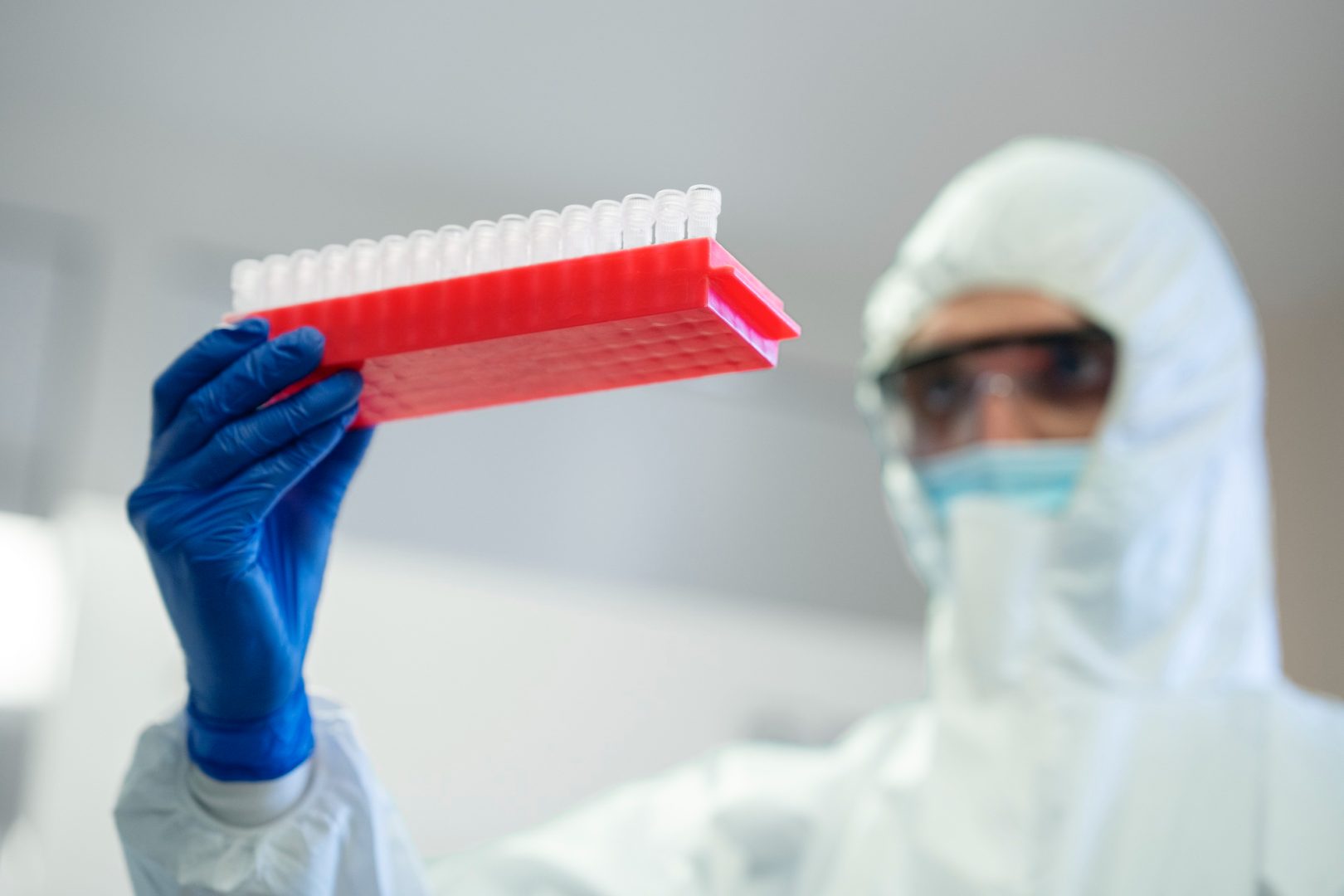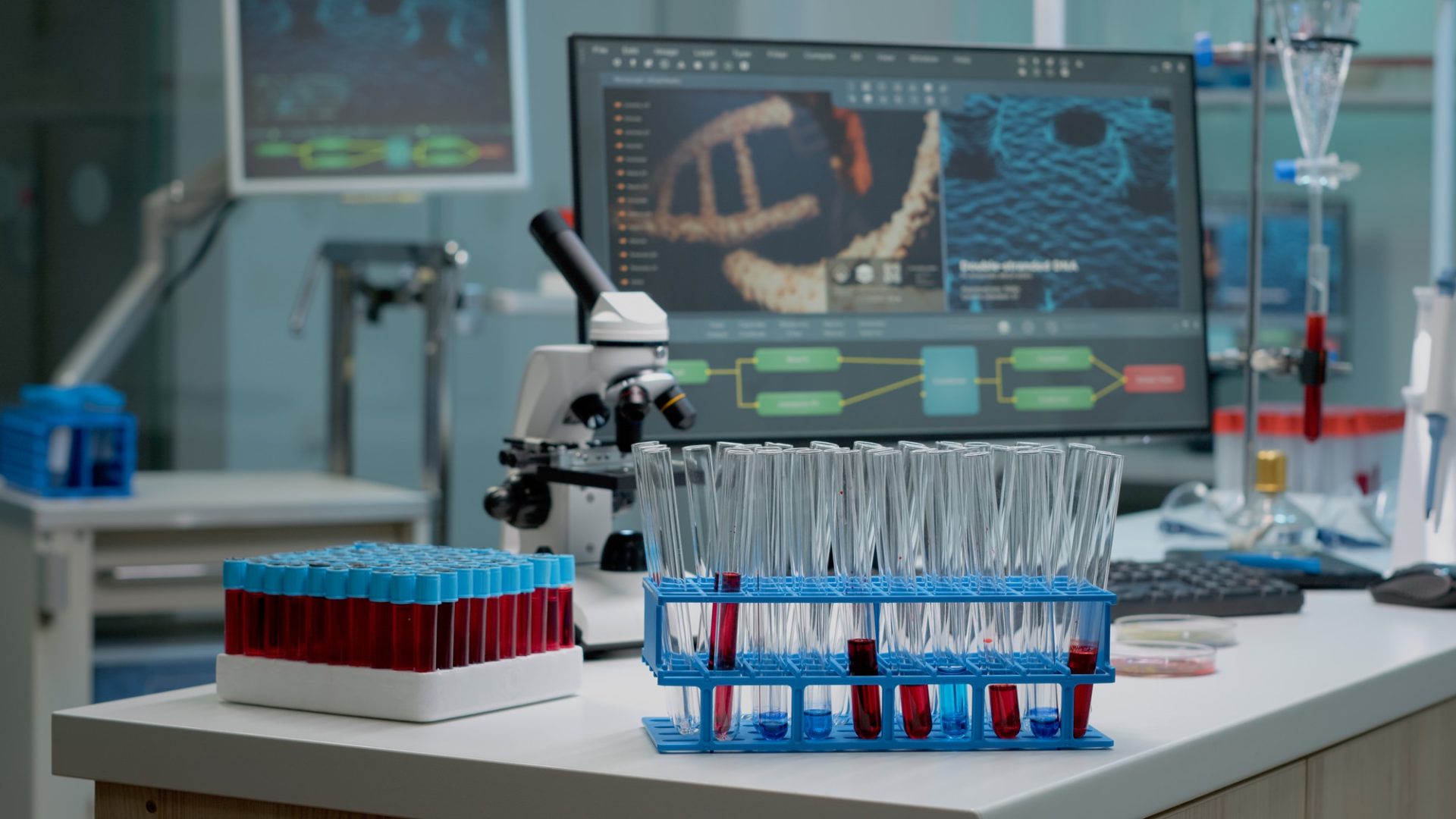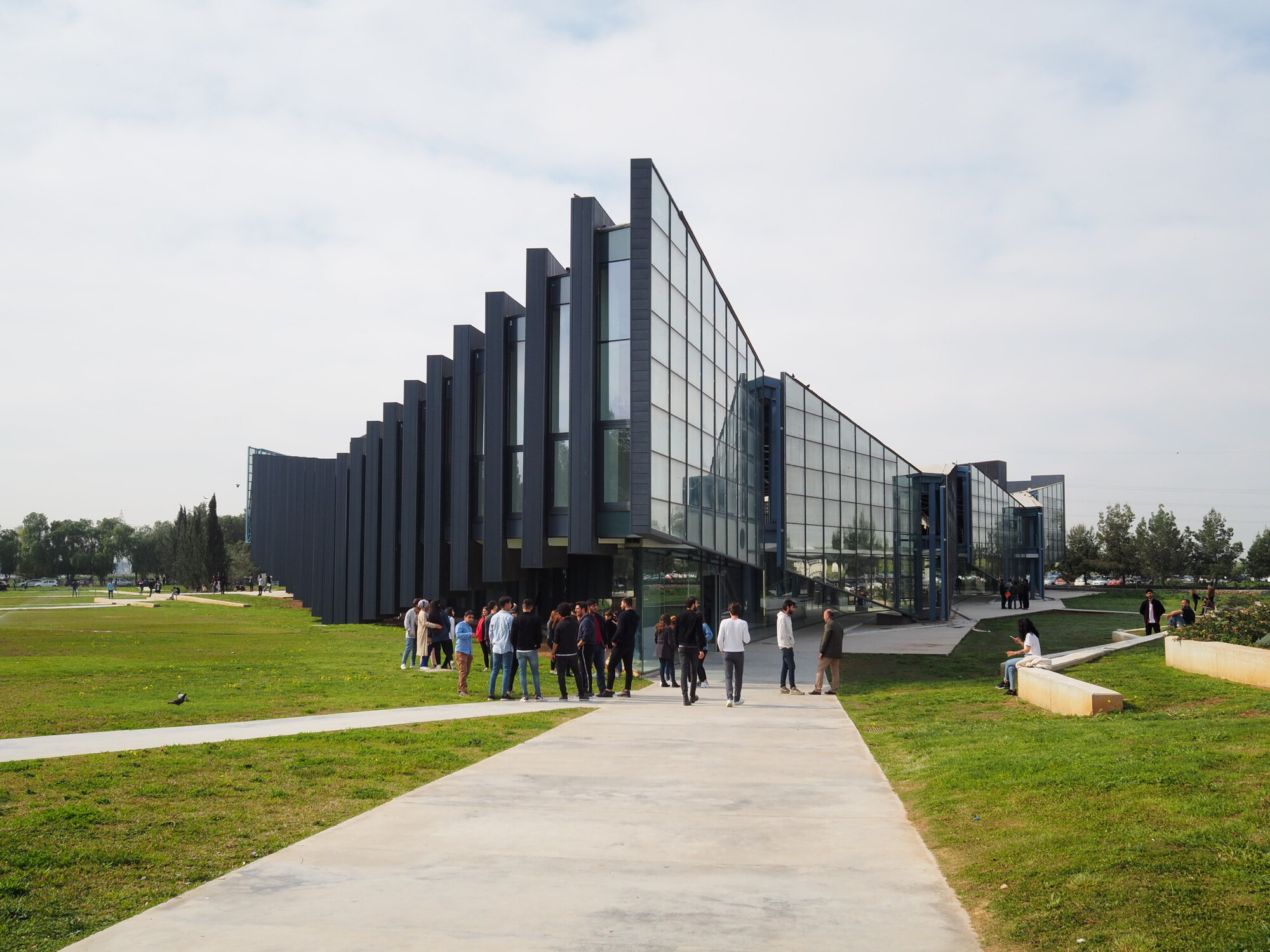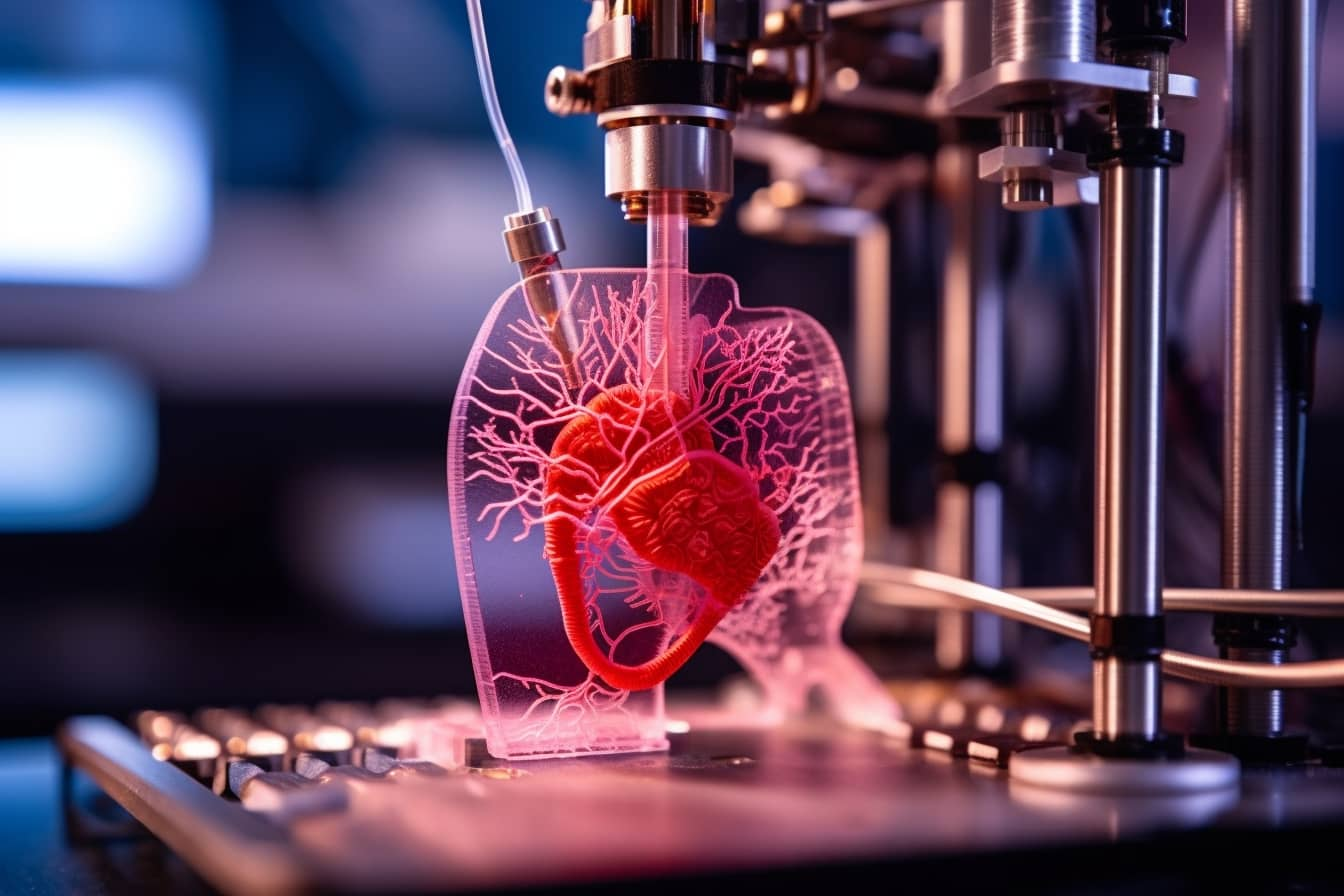Many students interested in studying Biomedical Engineering in Turkey seek to learn more about this significant field, which integrates both engineering and medicine while being linked to biological and technological sciences. Turkey stands out as an exceptional destination for this discipline, reflecting the advancement and reputation of its universities in the field. In this article, we’ll help you explore the most important details about studying Biomedical Engineering in Turkey.
What is Biomedical Engineering?
Biomedical Engineering in Turkey is a unique field that combines your interests in mathematics, medical sciences, and technology. This specialization provides fundamental education enabling you to develop innovative solutions to medical and technical challenges. Most of the studies focus on lab work, which helps you get acquainted with modern medical technologies and understand their functionality. More specifically, this field examines the connections between biology and medicine, where biomedical engineers tackle problems in both domains.

In Biomedical Engineering in Turkey, the emphasis is on improving patient care and offering effective solutions to health challenges. Technical devices play a crucial role in contemporary medicine, such as X-ray machines and MRI scanners, which provide invaluable insights into the body without the need for invasive surgeries. Moreover, the presence of biotechnology manufacturing facilities is essential for the mass production of pharmaceuticals.
Get to know: The Best Engineering Disciplines to Study in Turkey
Studying Biomedical Engineering in Turkey
If you are looking for a distinguished destination to pursue Biomedical Engineering, Turkey offers highly attractive options. Here are the top reasons why studying Biomedical Engineering in Turkey is a perfect choice for your advanced education:
- World-Renowned Universities, Turkey is home to a collection of leading universities with high international rankings. By studying Biomedical Engineering in Turkey, you will benefit from advanced and globally recognized curricula, boosting your competitiveness in the global job market.
- Programs in English and Turkish, Turkish universities offer programs in both English and Turkish, giving you the freedom to choose. Additionally, you can enroll in a preparatory year to learn the language, which makes adapting to the study environment easier, especially in a field as advanced as Biomedical Engineering in Turkey.
- High-Quality Education, Turkey’s higher education sector is renowned for its high-quality education. The academic staff is highly experienced, ensuring that you receive top-notch education focusing on the latest trends and technologies in Biomedical Engineering.
- Cutting-Edge Laboratories, Most Turkish universities boast advanced laboratories equipped with the latest medical technologies and devices. This allows you to apply theoretical concepts in a practical setting, enhancing your hands-on skills in Biomedical Engineering.

- Globally Recognized Diplomas, upon graduation, you will receive a globally accredited diploma in Biomedical Engineering in Turkey, opening doors to career opportunities worldwide. A degree from Turkey in this field is seen as a hallmark of quality.
- Rich Cultural Experience, the cultural diversity among students and faculty members creates a rich educational environment. You will be able to exchange ideas and experiences with classmates from various backgrounds, enriching your study experience in Biomedical Engineering in Turkey.
- Affordable Education and Living Costs, Turkey is known for having some of the most competitive tuition fees in the world, making it an attractive option for studying Biomedical Engineering. Additionally, the cost of living and accommodation is affordable, helping you manage your budget efficiently.
Goals of Studying Biomedical Engineering in Turkey
Biomedical Engineering in Turkey is a dynamic field with strategic objectives aimed at enhancing healthcare and advancing the medical sector. The primary goals of this specialization include the following:

1- Developing New Medical Products
Students in Biomedical Engineering in Turkey strive to design and create advanced medical devices such as imaging equipment and robotic surgical tools. By combining engineering knowledge with medical sciences, biomedical engineers improve the accuracy and efficiency of healthcare, leading to faster diagnosis and treatment of diseases.
2- Improving Existing Medical Products
Medical devices and technologies require constant improvement to ensure their safety and effectiveness. Biomedical engineers in Turkey focus on studying current systems and enhancing them, such as increasing the efficiency of patient monitoring devices and updating the software that supports them. These improvements contribute to better patient experiences and healthcare outcomes.
3- Research and Development
Biomedical Engineering in Turkey offers significant opportunities for innovation through advanced scientific research. This research aims to solve complex health challenges, such as developing new technologies for treating chronic diseases or studying the impact of biomaterials on the body. These studies provide groundbreaking solutions for medical advancements.
4- Training Qualified Engineers
The programs in Biomedical Engineering in Turkey aim to prepare a generation of creative and well-trained engineers who can understand both engineering and medical sciences. Students receive comprehensive education that combines theory with practical application, enabling them to tackle real-world challenges in the healthcare sector effectively.
You can explore: What is the Best University Specialty in Turkey?
Duration of Biomedical Engineering Studies in Turkey
The typical duration for studying Biomedical Engineering in Turkey is four years, divided into eight semesters. The curriculum includes a variety of subjects that blend natural sciences such as physics and biology with advanced engineering techniques.

If a student does not have the required language proficiency or fails the university’s language test, the study period may extend to five years. In this case, an additional preparatory year is dedicated to improving language skills, ensuring the student can follow the curriculum effectively. After completing this preparatory year, the student can officially begin their Biomedical Engineering in Turkey studies.
You can register with us now at Safa Company, which will accept your university admission easily
Safa Company is your first educational companion🎓 for communicating on WhatsApp🎓
Top Private Universities for Biomedical Engineering in Turkey
Turkey is home to a variety of private universities offering Biomedical Engineering in Turkey to both international and local students in both Turkish and English. These universities are considered among the best destinations for this field and other specialties, thanks to their significant technological advancements in higher education. Below are some of the top private universities for Biomedical Engineering in Turkey:

- Bahcesehir University
- Istanbul Medipol University
- Biruni University
- Cyprus International University
- Istinye University
- Izmir University of Economics
- Beykent University
You can get acquainted with: 8 private universities from the best universities in Turkey
Subjects in Biomedical Engineering in Turkey
Studying for a bachelor’s degree in biomedical engineering in Turkey offers a unique combination of scientific principles and engineering skills necessary for developing modern medical devices. The program covers a wide range of subjects, from natural sciences like chemistry, biology, and genetics to advanced engineering concepts such as mathematics and programming.
First and Second Year
In the first and second years, students focus on foundational courses in computer science and mathematics, with practical applications related to biomedical fields. This stage aims to build a strong knowledge base that enables students to understand contemporary medical challenges and develop appropriate solutions.
Third and Fourth Year
Starting from the third year, the coursework becomes more specialized, covering subjects such as electrical engineering and medical diagnostics. The curriculum may also include topics like healthcare project management and understanding the work environment in medical institutions, enhancing students’ abilities to work in multidisciplinary settings.

Practical Training Period
From the fifth to the eighth semester, the program includes an intensive practical training period in biomedical-related facilities. Students gain valuable hands-on experience by training at medical technology companies, clinics, biological research centers, and various medical institutions. This practical experience, combined with regular project participation, allows students to apply their knowledge in real-world scenarios, enriching their academic experience.
List of Courses
The Biomedical Engineering program in Turkey offers a diverse range of courses that equip students with the essential knowledge and skills. These subjects form the backbone of the field, preparing graduates for careers in medical technology, biological research, and clinical work, offering them vast opportunities for success in the future. Key courses include:

- General Biology: Covers the fundamental principles of biology and the functioning of living organisms.
- Anatomy and Physiology: A detailed study of the human body’s structure and organ functions.
- Clinical Engineering: The application of engineering principles in clinical settings to improve patient care.
- Biophysics: Understanding the physics of biological processes and their impact on health.
- Professional Responsibility and Ethics: Discusses professional ethics and the importance of adhering to ethical standards in biomedical engineering.
- Electrical Circuits: Study of the basics of electrical circuits and their applications in medical devices.
- Biomedical Devices: Design and development of devices used in diagnostics and treatment.
- Electromagnetic Field: Exploration of electromagnetic field effects in medical applications.
- Biostatistics: Using statistical methods to analyze biological and medical data.
- Biomaterials: Study of materials used in medical environments and their effects.
- Biomedical Image Processing: Advanced techniques for analyzing and processing medical images.
- Sensors: Study of sensor technology and its applications in healthcare.
Cost of Studying Biomedical Engineering in Turkey
Biomedical Engineering in Turkey is a promising field that attracts a growing number of international students due to the high-quality education and advanced research in this sector. The cost of studying this specialization varies depending on the university, with annual tuition fees ranging from $3,000 to $12,500.
The tuition fees for Biomedical Engineering in Turkey depend on several factors, including the university’s ranking, the quality of teaching methods, and the partnerships the university has with various medical and technological institutions. These collaborations play a key role in preparing competent engineers in the field.
Also, you can read more about: The 10 most challenging university majors in Turkey
At the end of this article, biomedical engineering in Turkey represents an excellent option for ambitious students who wish to combine their passion for science and technology with a desire to improve healthcare. The practical experience that students gain makes Turkey an ideal destination for studying this field. Therefore, if you are looking for an opportunity to study biomedical engineering, you can get in touch with the Safa team to secure your university admission at one of the distinguished universities in this field.

